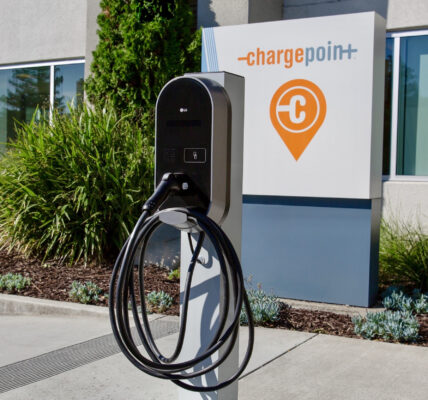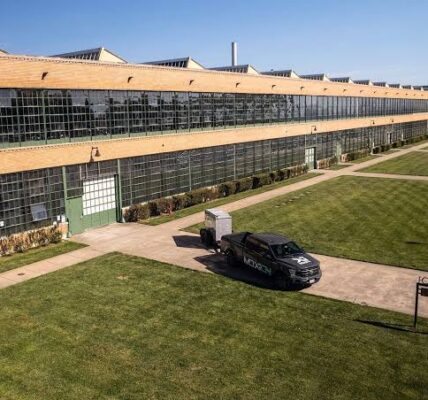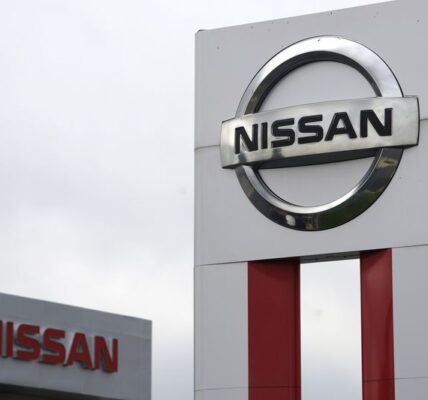WASHINGTON — European Union and U.S. officials expect to reach agreement that would grant EU companies, including electric car makers, the same status as U.S. ones in the U.S. market, to avoid what the EU calls discrimination against its producers by the U.S. Inflation Reduction Act.
The EU says it allows government tax breaks or subsidies for purchases of U.S. electric cars like Tesla but the United States makes such support conditional on the car, or parts of it, being made in the United States.
“Last month the Tesla Model Y was the most sold car in Germany,” European Commission Vice President Valdis Dombrovskis, responsible for trade, told a news briefing. “That would not have been possible without the un-discriminatory EU subsidy, while EU electric cars do not get a similar subsidy in the U.S., which is discrimination that we want to address,” Dombrovskis said.
The EU car makers, such as Volkswagen, are affected by the U.S. legislation, which covers a host of other products.
Dombrovskis said the problem also concerned a wide range of goods from the “green economy” sector, including batteries, hydrogen, and renewable energy equipment.
“There is a willingness to engage on the U.S. side on this,” Dombrovskis said ahead of meetings on the issue with U.S. Trade Representative Katherine Tai, Commerce Secretary Gina Raimondo and Treasury Secretary Janet Yellen.
“We hope we can resolve these issues before they become disputes,” he said, adding talks would focus on whether changes to the status of EU companies could be made through implementation regulations to the U.S. law, rather than having to send the whole Inflation Reduction Act back to Congress for amendments.
U.S. Trade Representative Katherine Tai, asked if the issue could be resolved, told reporters she expected the EU and U.S. would reach agreement.
“On the strength of the EU-U.S. relationship, I have every confidence we will work through this,” she said after a meeting with Dombrovskis.
Talks to speed up
Tai’s office said on Thursday, after initial meetings, that she and Dombrovskis had agreed to speed up talks on global steel issues and electric vehicles.
The two discussed the U.S. Inflation Reduction Act and concerns about electric vehicles as well as China’s non-market practices related to industrial subsidies, the Office of the U.S. Trade Representative said in a statement following their meeting.
Tai and Dombrovskis “agreed to increase the pace of discussions about the global steel arrangement,” Tai’s office said.
On autos, the two asked their teams to increase engagement on the recently-passed Inflation Reduction Act’s impact on EVs, Tai’s office said, adding that she noted “that seriously combating the climate crisis will require increased investments in clean energy technologies, as well as addressing supply chain and security vulnerabilities.”








